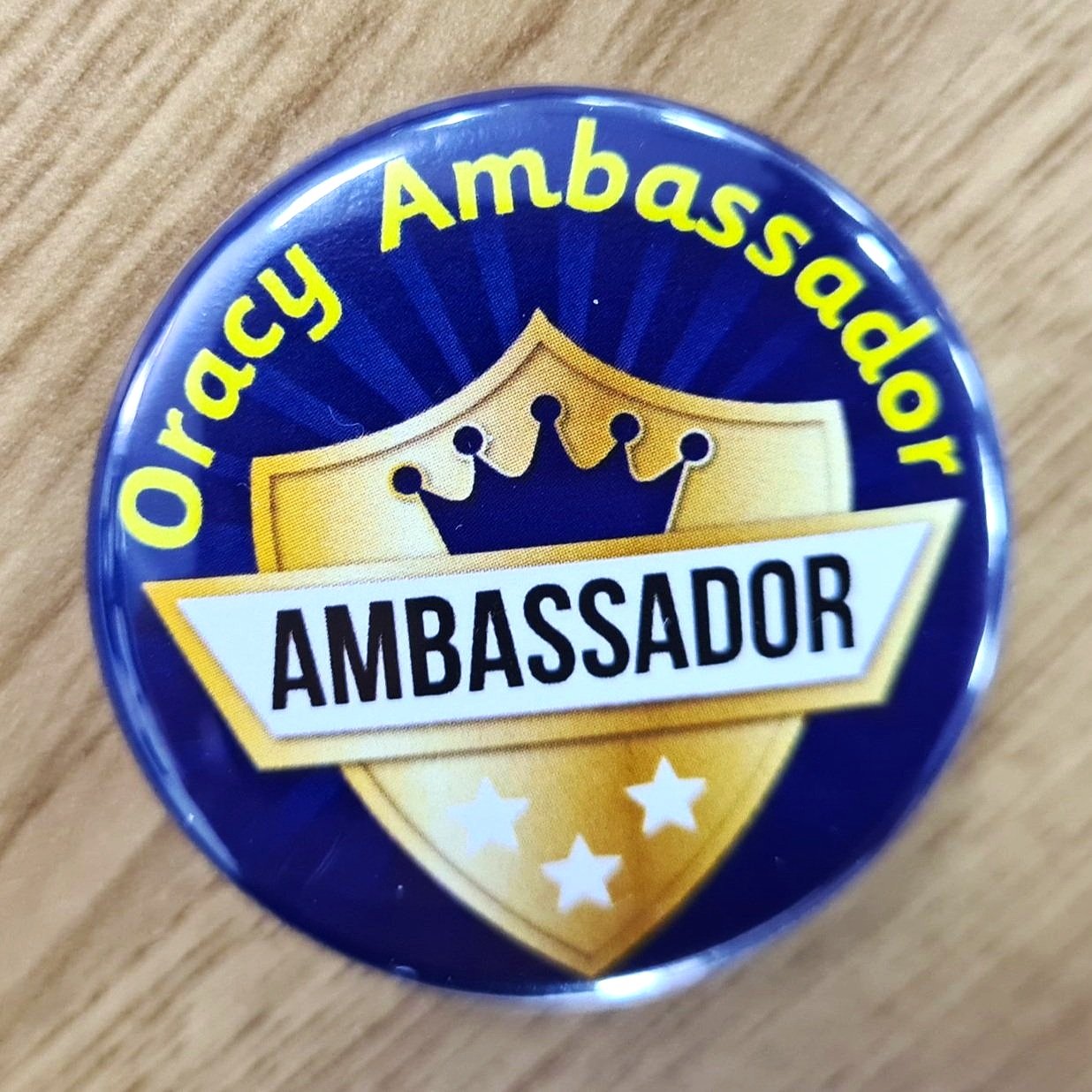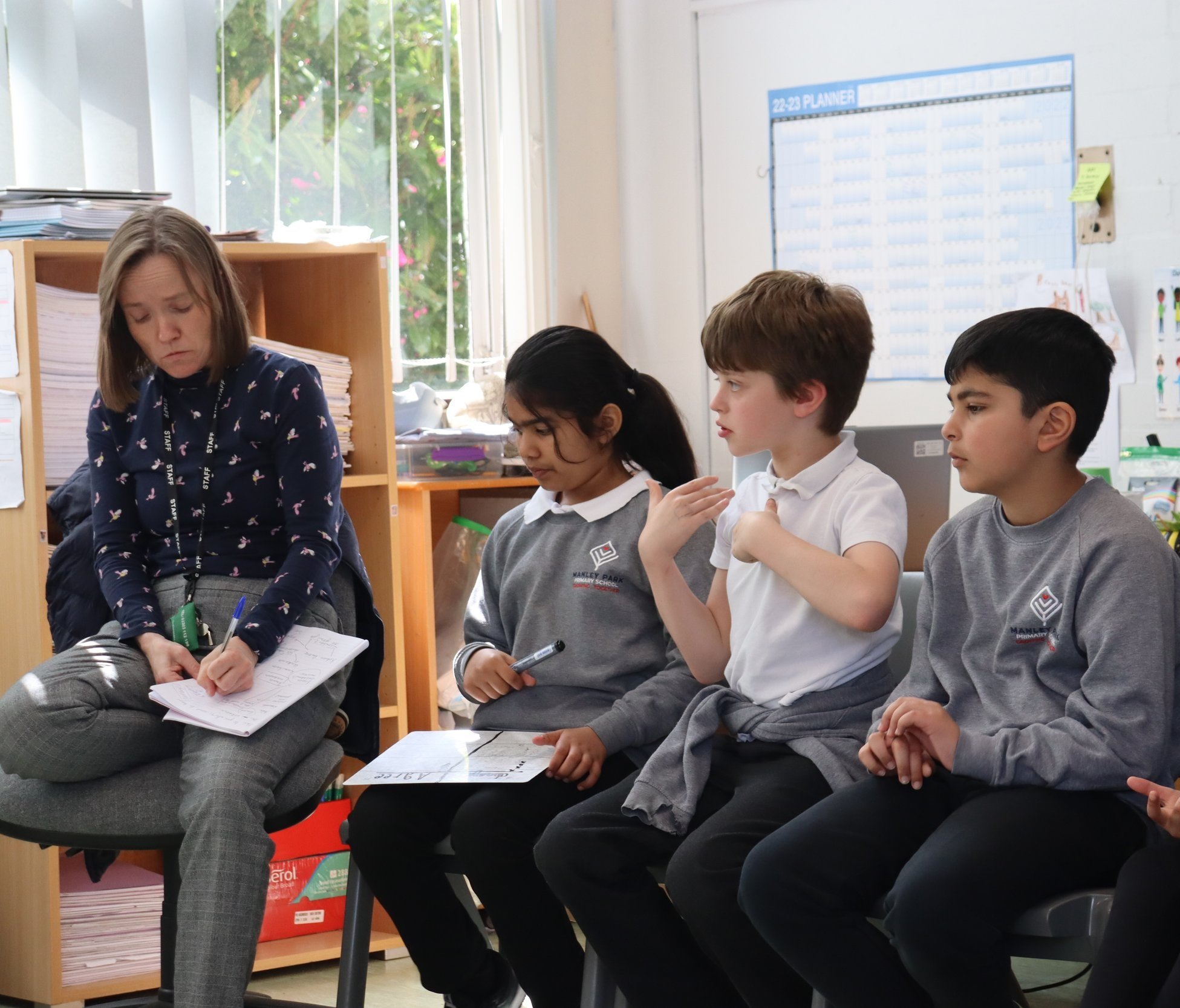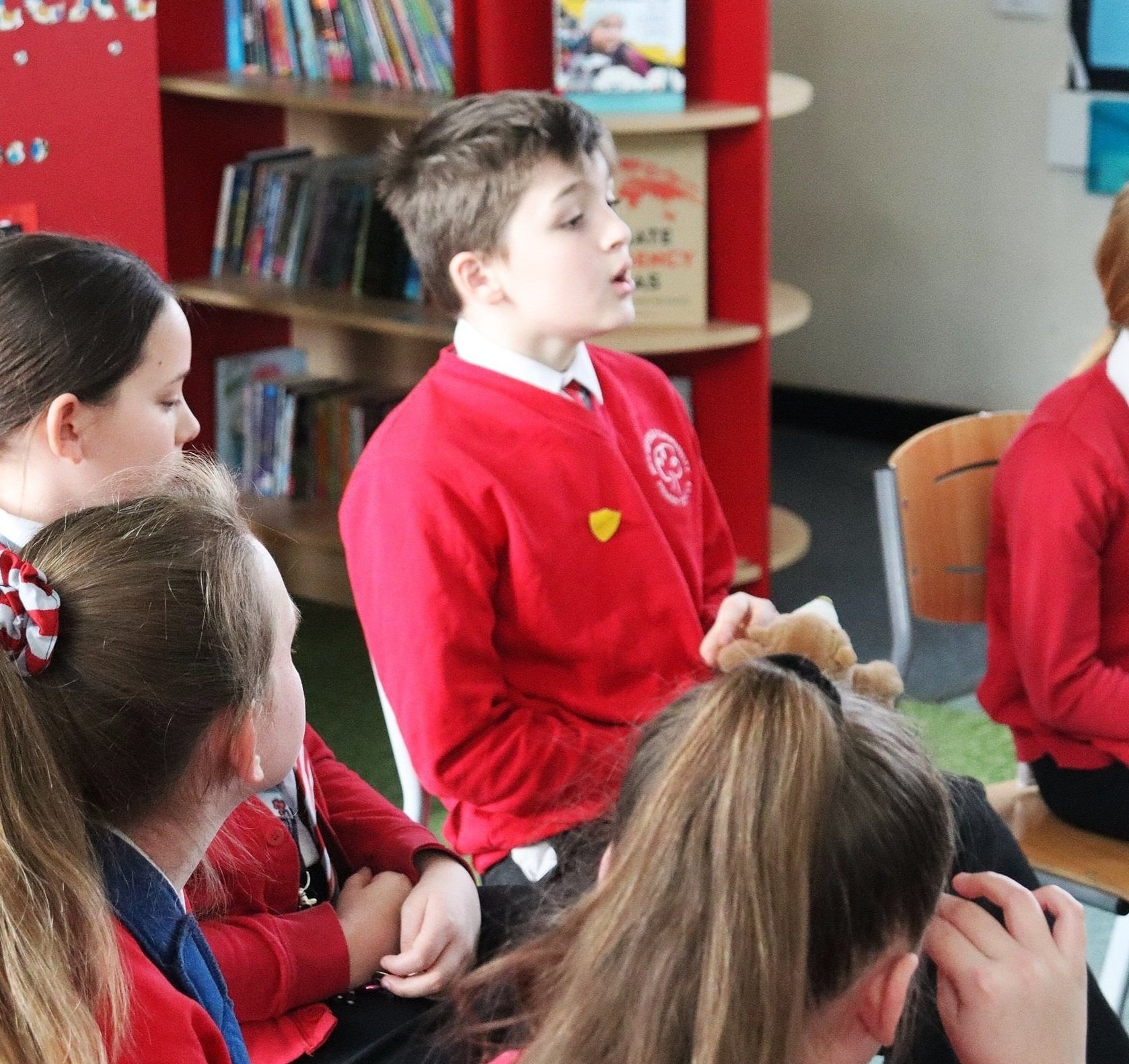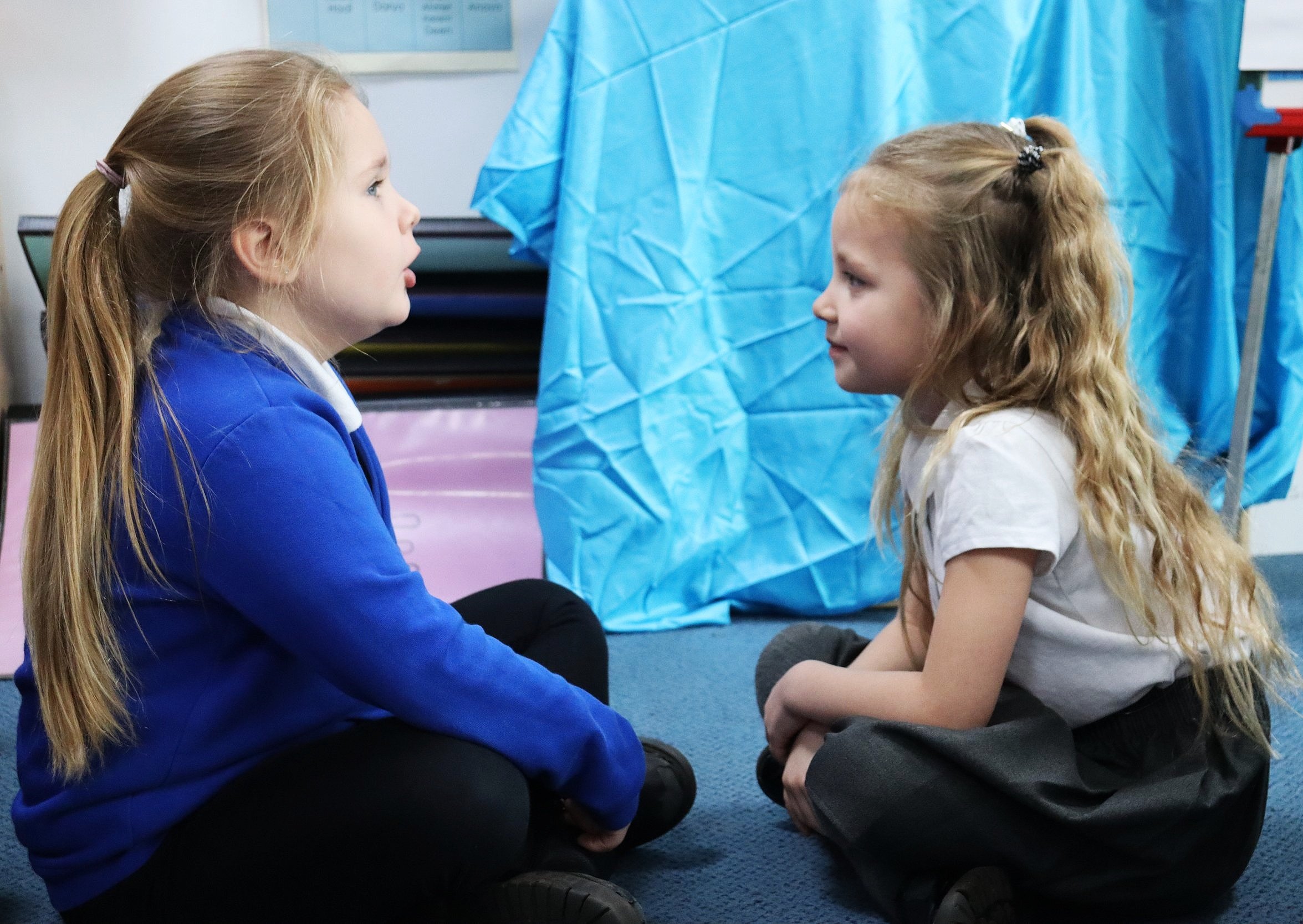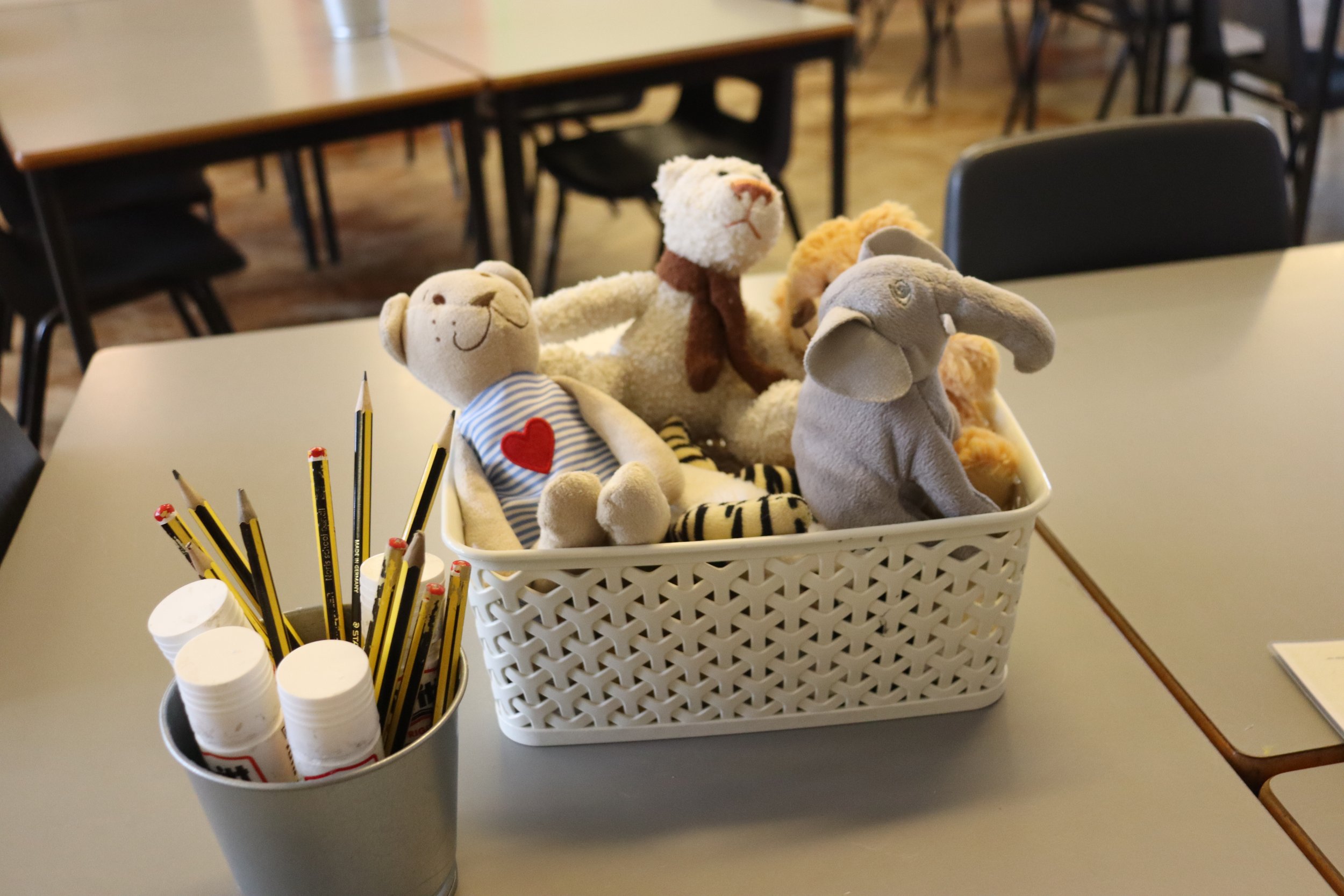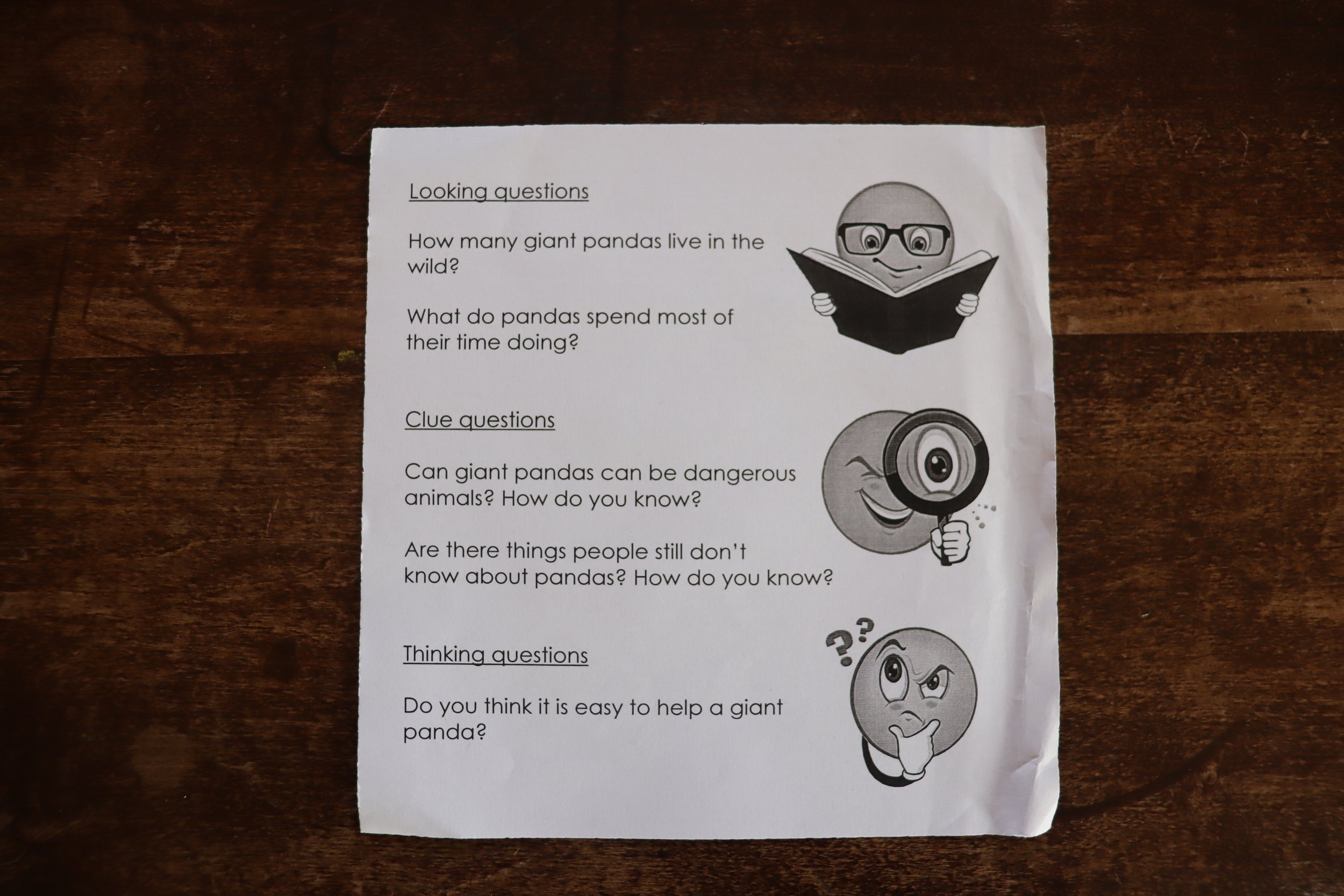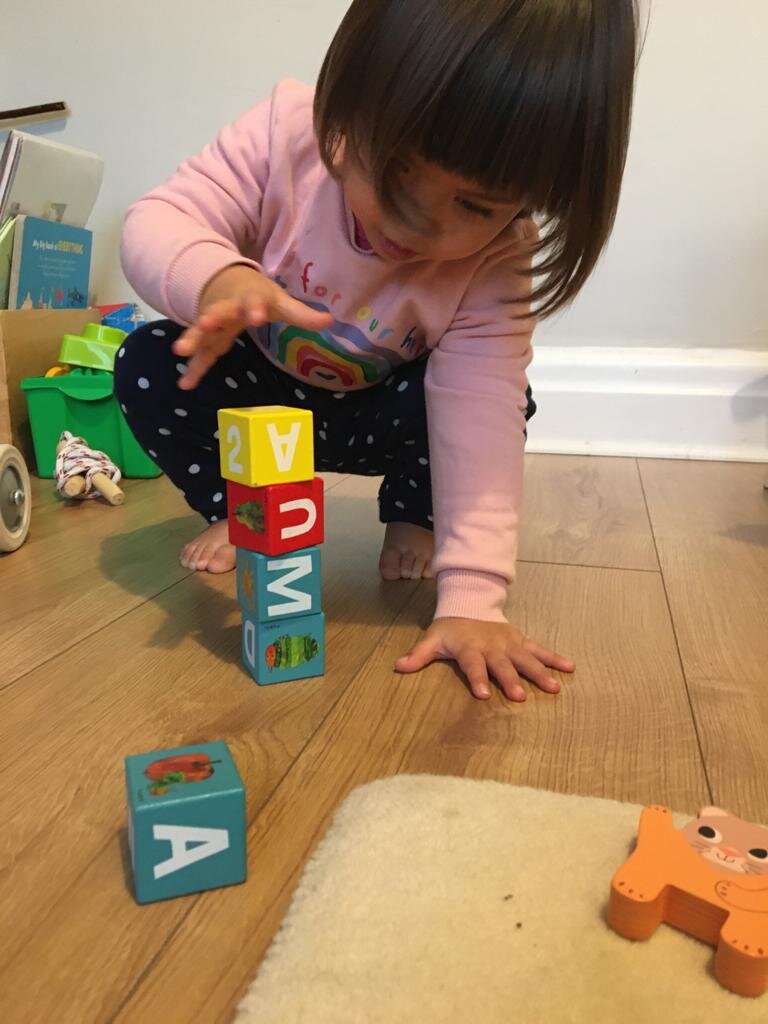
A simple and useful definition of ‘oracy’ is the ability to speak and listen. When we decide to prioritise oracy in school it sometimes feels as though learning to speak well is the priority – but learning to listen well is equally important. Don’t just expect it to happen!
Here are three steps to help your class develop their listening skills:
Decide to prioritise it and dedicate time – for example, schedule a short listening lesson every week for half a term. Use the scheduled time to discuss things like What makes a good listener? and play some listening games.
Include listening challenges throughout lessons – for example, play an audio clip and direct students to note key words. Give specific instructions: it’s more effective to say Listen to this clip and write down at least five key words about the digestive system than Listen to this clip and make some notes.
Don’t habitually repeat pupil responses – see previous post.
For more about this, there’s a whole section dedicated to Learning to listen in my book, 100 Ideas for Primary Teachers: Oracy.
Show your pupils that you are trying to understand their thinking
Pupils feel that P4C helps them with everything from relationships to confidence to staying calm
Using an unexpected event as a P4C stimulus
Why giving out ‘talking objects’ is worth the hassle
How one Salford teacher has improved oracy in her classroom using The Volumiser!
If you’re not yet doing P4C – this video will convince you. If you are, it will convince you to do more.
Children describe how P4C helps them listen to others and to express themselves
Simple-yet-effective techniques to get three year olds talking and keep them focused.



